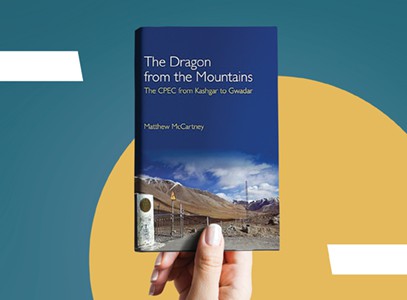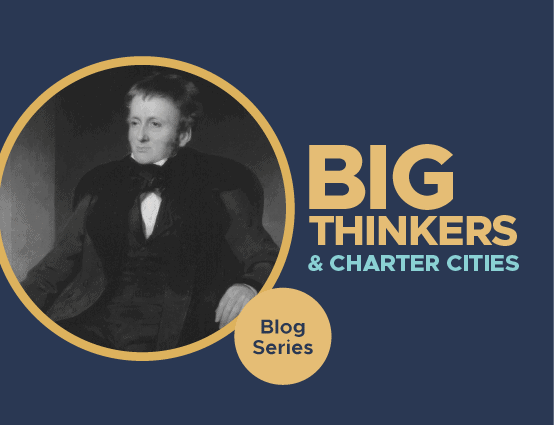
Let Them Eat Cake (and surf, and swim, and play golf): Is King Abdullah Economic City (KAEC), Saudi Arabia a Liberal Oasis?
Recent research delved into the economic challenges facing King Abdullah Economic City (KAEC) in Saudi Arabia, revealing a nuanced perspective. While the outlook for KAEC’s economy appears pessimistic, there’s a glimmer of social optimism regarding the appeal of social liberalism, particularly among the youth. This









